Earth never stops! Find out what exciting developments are happening from around the world.
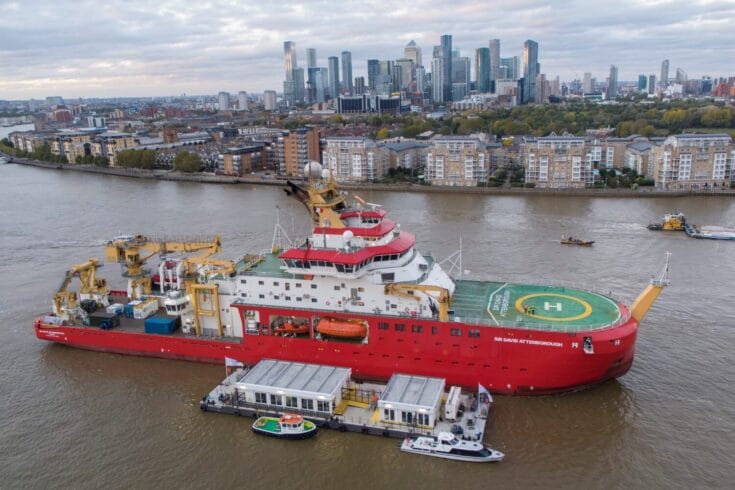
The UK’s new polar research ship has made its London debut in Greenwich today in support of the UK Presidency of the United Nations Climate Change Conference (COP26).
RRS Sir David Attenborough has been undergoing sea trials around the UK and is now ready for service. The ship will embark on its first Antarctic mission later this year.
The ship is making this special visit to Greenwich as part of a three-day public celebration hosted by the Natural Environment Research Council’s (NERC) British Antarctic Survey (BAS) and Royal Museums Greenwich (RMG).
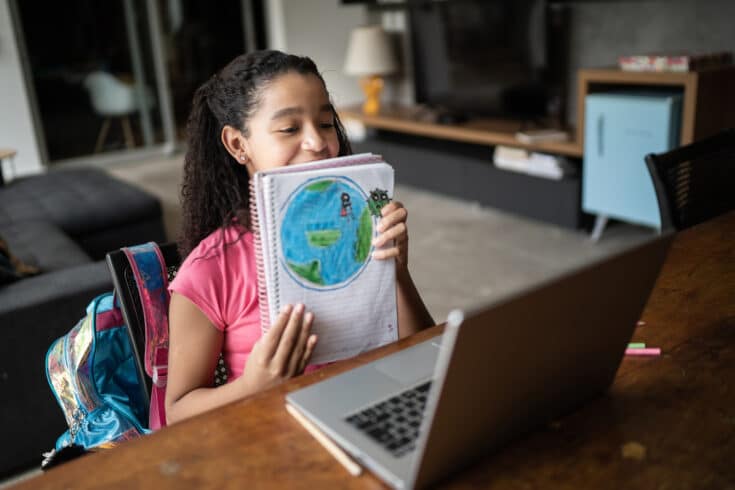
The Natural Environment Research Council (NERC) is launching a new public engagement programme for young adults concerned about the environment.
This comes as part of UK Research and Innovation’s (UKRI) contribution to the United Nations Climate Change Conference (COP26).
The COP26 eco-anxiety digital engagement project entitled ‘Our Stories, Our Systems’ will facilitate two-way engagement between environmental science researchers and eco-anxious young adults.
The project will connect young people aged 15-25 years old across the UK with UKRI funded researchers to tell their climate stories.
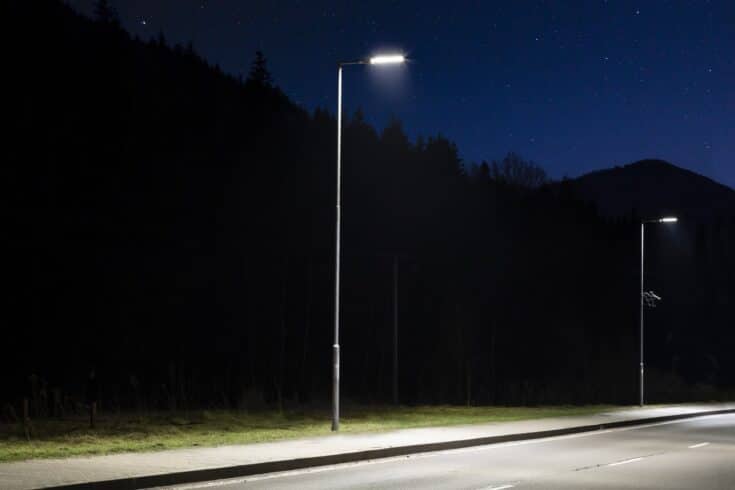
‘Eco-friendly’ LED streetlights are even more harmful for insect populations than the traditional sodium bulbs they are replacing, a NERC-funded study has shown.
The negative impacts of light pollution on insects including moths, which provide essential food sources for a variety of animals and are important pollinators, are well known.
However, scientists behind this latest research say it is the first investigation into the effects of the whiter outdoor LED lights on insect populations in ‘real world’ conditions.
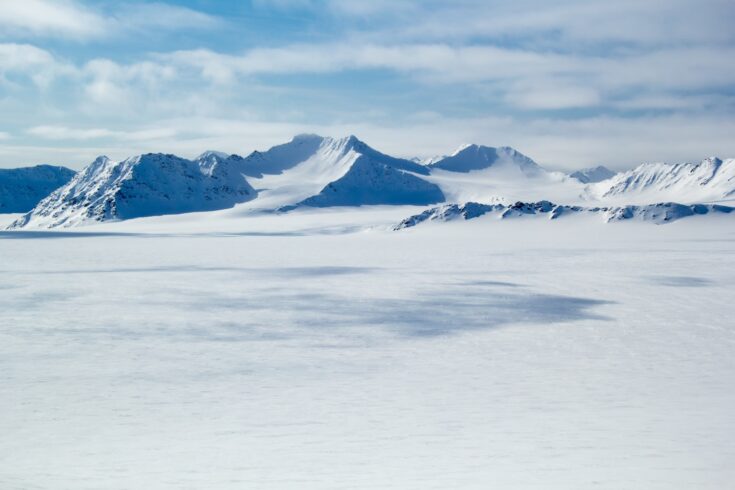
The Arctic Station in Ny-Ålesund, Svalbard in Norway, the UK’s permanent Arctic research facility, has celebrated its 30 years anniversary this week.
The facility continues to undertake critical research into how climate change is impacting the pristine environment, with the Arctic warming three times faster than the rest of the world.
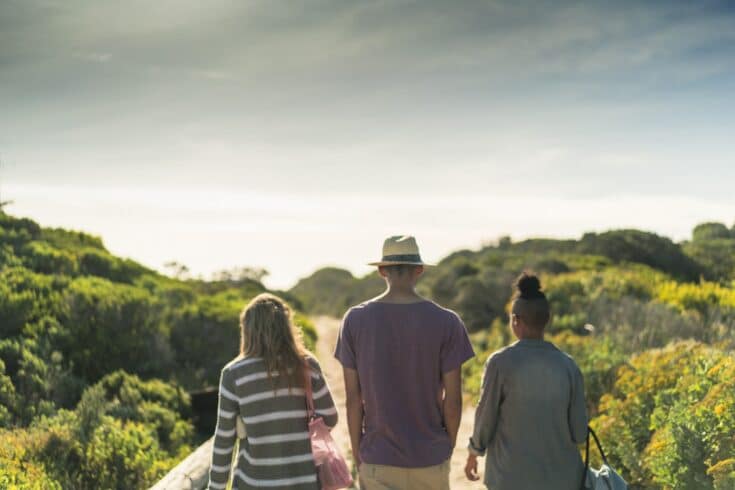
A diverse group of members of the public, including those from under-represented communities, are helping to shape NERC’s healthy environment research priorities.
Between December 2020 and July 2021, 95 participants took part in several co-created online workshops at which they were able to:
• learn about NERC’s research on climate change, pollution, green spaces and the role of the environment in the spread of infectious disease
• use virtual reality to interact with different environments
• discuss and share ideas on what areas of research should be prioritised.